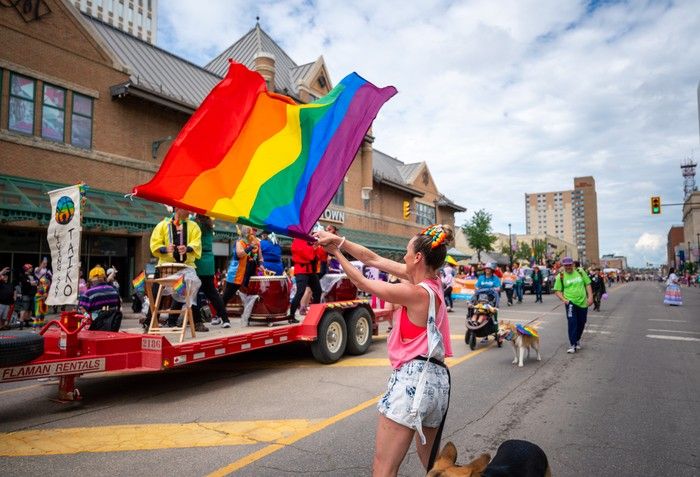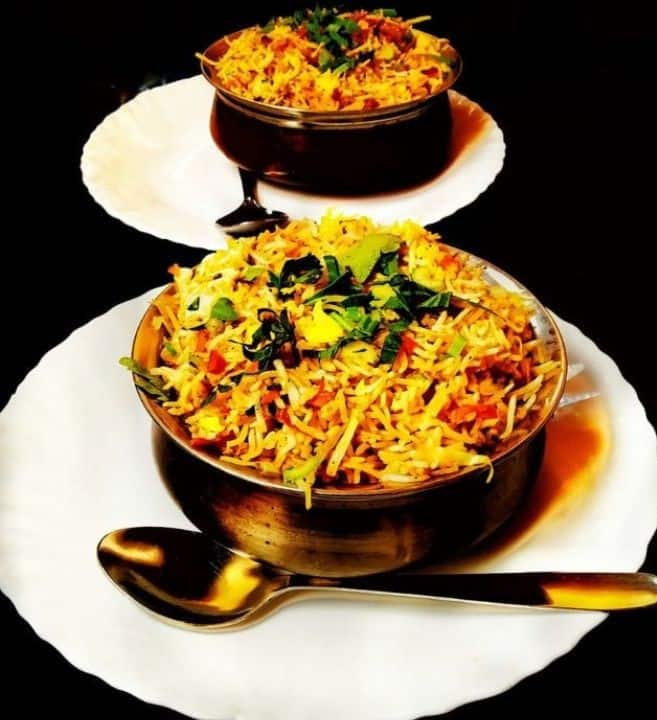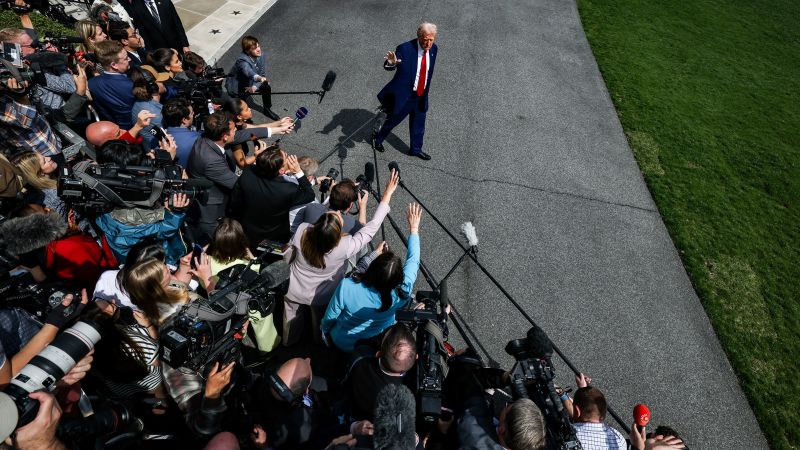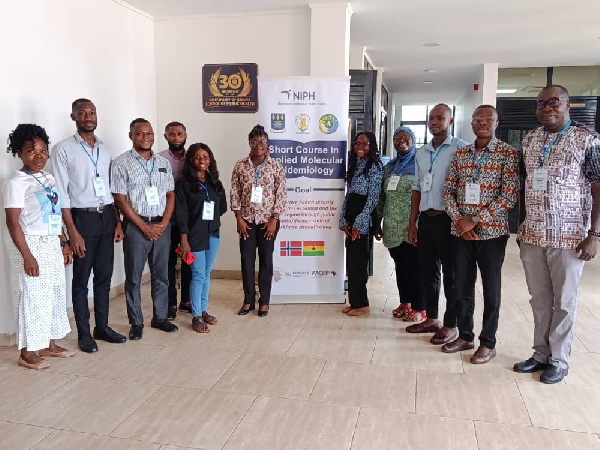
“When I was 15, a man in a Chevy Silverado sped his truck up at my friends and I while we crossed the street, and as we got out of the way he screamed slurs out his window.” That, from Blake Tait, a local trans man and advocate for the trans community in Saskatoon, just moments before city council last week designated Saskatoon a safe city for the 2SLGBTQQIA+ community. “Safe feels like a lie, because it is,” Tait said.
He said he was out as a trans man since the age of 14, and typically runs into hateful scenarios at least once a year. Tait gave an example of having to quit the best job he has had due to the hate speech he received from customers. He spoke of the dozens of death threats he says he has received, and also gave an example of people throwing ice and slurs at his friends at a bar just last weekend.

City council designated Saskatoon a safe city after an ask from Tait to designate Saskatoon a sanctuary city. There were concerns from city administration and council about the possible ramifications that could come from designating Saskatoon a sanctuary city, and they instead tried to compromise with the safe city designation. Tait and several other members of the trans and nonbinary community spoke Wednesday, voicing concerns that safe city means something very different from a sanctuary city.
“I have seen and felt the effects of anti-queer sentiment in this city more times than I am capable of recalling here today,” said Eli Hartman. Hartman said they appreciated the idea of the designation, but said there was more work that needed to be done before Saskatoon was worthy of that designation. They said they work with children, and strive to create a safe space for kids, but don’t feel safe being their authentic self due to public opinion.
“I am regularly in fear of people seeing my position working with children, and deciding not to bring them back to the programs and classes I teach should I be any louder or prouder than a lanyard that has my pronouns on it.” Hartman said something as simple as a children’s book has had parents claim that these programs aim to indoctrinate their children. Niko Nelson, vice chair of the non-profit Gender Queer Coffee Club in Saskatoon, said they work to create sanctuary-type spaces for the gender-diverse community.
Nelson said they are also a parent, saying their child attended Saskatoon Public Schools and was asked to present on a holiday their family celebrated. “He chose pride,” Nelson said. The project was submitted on time, but Nelson said the presentation wasn’t allowed because the terms “nonbinary” and “transgender” were used to describe the pride flag colours, and were inappropriate for the Grade 1 class.
Coun. Robert Pearce said the designation speaks to safety, which is something he felt strongly about. “While I don’t identify with the same fear, I certainly identify with the need for safety,” Pearce said.
Coun. Jasmin Parker said the designation was less of a declaration and more of a commitment, adding that it will prioritize this kind of work. “We will continue to create policy that actively supports the community and makes the community safer,” Parker said, adding that this was a first step and not a finish line.
Mayor Cynthia Block said she wants everyone in the community to feel seen, heard and safe, and it needs to be foundational. She added that this designation may be symbolic, but it sends a message. “I think we’re trying to communicate an important message to our city and to our province and to everyone who calls this land home, that we have a duty and a responsibility to one another,” Block said.
“I’m frustrated,” Tait said after the meeting. He said people from the trans and nonbinary community showed up and expressed concern about the designation, but the city went through with the designation regardless. “While many of the council members said they heard us and they felt us, they still voted in favour of a motion that we felt was not accurately representing the community.
” Tait said his choice to use the term sanctuary city was deliberate. “I genuinely would have preferred them not to make the designation.” Tait said he understands concerns from city council about what exactly a sanctuary city means, and he knew a sanctuary city designation would come with some political ramifications.
“I see those political ramifications as being something that is good in the grand scheme of things for trans and nonbinary individuals in this city, and in this province and across the country.” Tait said being a first-of-its-kind sanctuary city would be a way for people to stand up against what he felt is harmful legislation from governments like the Sask. Party.
He said this safe city designation needs to be upheld now, and the trans and nonbinary community needs to pay attention to what is happening in civic politics. “I hope that (the city) will work with Saskatoon Pride. I can guarantee that Saskatoon Pride will be reaching out.
But I don’t think we should be the ones that have to reach out ...
the city should have been reaching out to us before this designation.”.














